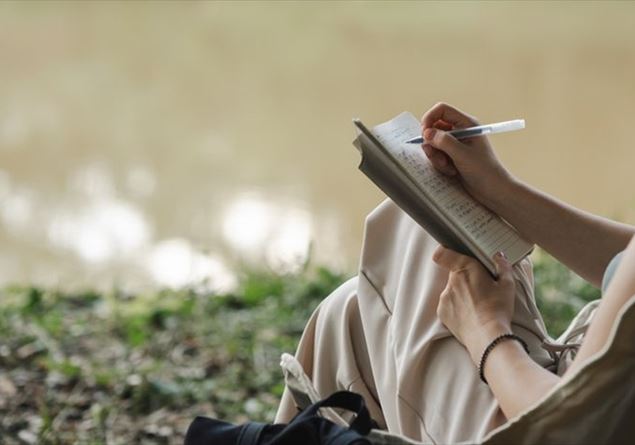In today’s times poetry can no longer be, as Umberto Saba said, “only honest”. Poetry is now called to put its civil function back to the center, leaving aside rhetorical, coldness and individuality. This is the meaning around which The new “fog light” series published by the PiGagora School of Pitagora was born. Yesterday afternoon, in the splendid setting of the Pinacoteca di Brera in Milan, it was presented Parade of high ways, The first anthology of poems linked to this project. 114 pages for 33 authors, 10 of which intervened during the conference, and as many poems. Short but intense texts, called to form a sort of alphabet of the values on which to found true human civilization.
The editorial creator is Giuseppe Langella, full professor of modern and contemporary Italian literature, at the faculty of letters and philosophy of the Catholic University of the Sacred Heart. And it is Langella who summarizes the key points of the project: «Poetry must return to play public function, it must have a distinctly social role. Civil poetry can certainly not save the world but must defend itself to defend mankind. Civil poetry can develop a palingenesis. The poets at this moment must try, with their works, to remove people from the social abyss. An abyss caused by wars, climate change, environmental stress, humanitarian crisis and much more. Whoever wrote this anthology used the poetry of the “we” and not that of the “I”. The necklace in general focuses on the resumption of the critical spirit and trust in personal commitment combined with that of others ».
The 33 poems, Very different from each other in many respects, however, they have an evident common thread. As Professor Davide Savio of the “D’Annunzio” University of Chieti-Pescara points out during the presentation of the work: “The collection rewards and is dedicated to people who have spent themselves for the community and who have often been victims of history. The 33 poets try to decline civil poetry in several ways. And they show that civil poetry can be made constructively ». The protagonists of the songs are far more disparate figures. Charismatic leaders like Mahatma Gandhi and Fidel Castro. Women symbol in struggles for their rights such as Sibilla Aleramo and Roya Heshmati (the Iranian activist sentenced to 74 lashes for having removed the hijab). But also Julian Assange and his wife Stella, Simone Weil and Domenico Iannacone. And last, but certainly not in importance, some religious figures: Pope Francis, St. Francis of Assisi, the theologian David Maria Turoldo and the martyrs Trappists of Tibhirine.
As if it were a sign of heaven, during the presentation, just as the poet Davide Chindamo recites and explains his poetry World journalist dedicated to Pope Francis, the news of the white smoke of the Conclave arrives from Rome which will then lead to the appointment of the new Pontiff Leone XIV. «I certainly do not have the skills to evaluate Pope Francis under the doctrinal aspect. With this poem, however, I want to remember Bergoglio more than anything else for his being a Franciscan. A pontiff who was able to adopt the popol languageOe who asked the Church to continue to be divine while trying to be human. Pope Francis, as I write in my sonnet “rekindled the light, beacon of truth, hostile with respect to the comfortable lie”, says Chindamo.
Parade of high ways The progenitor of the necklace is as said. The second volume will be released shortly: A joyful effort (1964 -2022) by Angelo Gaccione (one of the 33 authors present in the first anthology with poetry The unspeakable Dedicated to the writer and disarmist Carlo Cassola), who in this second collection focuses on tip on penalty and honesty. And further works are foreseen in the rest of 2025. Always with a well -defined purpose, as Giacomo Maria Prati, official of the Pinacoteca di Brera, also points out: “Poetry is art. And art is always able to move. Civil poetry is an act of courage that allows you to save poetry from an impasse. Civil poetry is everyone’s poetry ».


